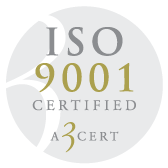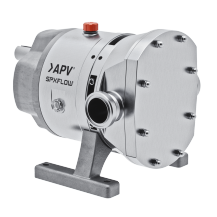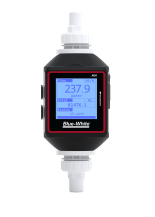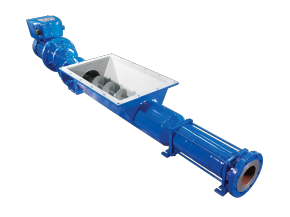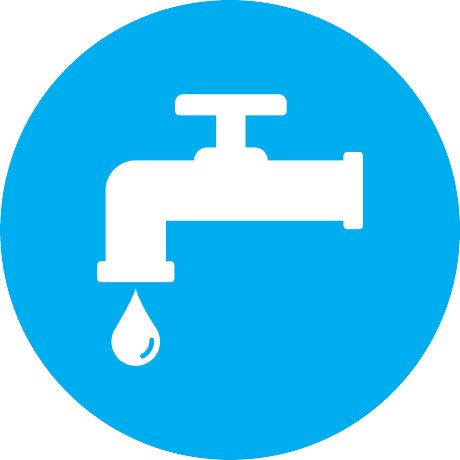ISO 9001 outlines a framework for implementing a systematic approach to managing processes within an organization to consistently deliver products or services that meet customer and regulatory requirements.
Requirements of ISO 9001
- Establishing a quality management system tailored to an organization's context and goals.
- Implementing processes for monitoring, measuring, and analyzing operations to ensure continual improvement.
- Emphasizing customer focus, leadership engagement, and a process-based approach to management.
Benefits of ISO 9001
- Enhanced Quality: ISO 9001 certification helps organizations streamline their processes, leading to improved product or service quality.
- Increased Customer Satisfaction: By meeting customer needs and expectations more consistently, it enhances trust and satisfaction.
- Operational Efficiency: Emphasizing process improvement leads to more efficient operations and reduced waste.
- Global Recognition: ISO 9001 is recognized worldwide, which can enhance an organization's reputation and credibility in international markets.
- Compliance and Consistency: It ensures adherence to regulatory requirements and promotes a consistent approach to delivering products or services.
ISO 9001 is applicable across various industries, including manufacturing, services, healthcare, construction, and technology. It's beneficial for any organization looking to improve its operations, customer satisfaction, and overall performance.
ISO 9001 certification provides a framework for organizations to implement robust quality management systems, fostering continual improvement and ensuring they consistently meet customer and regulatory requirements.
